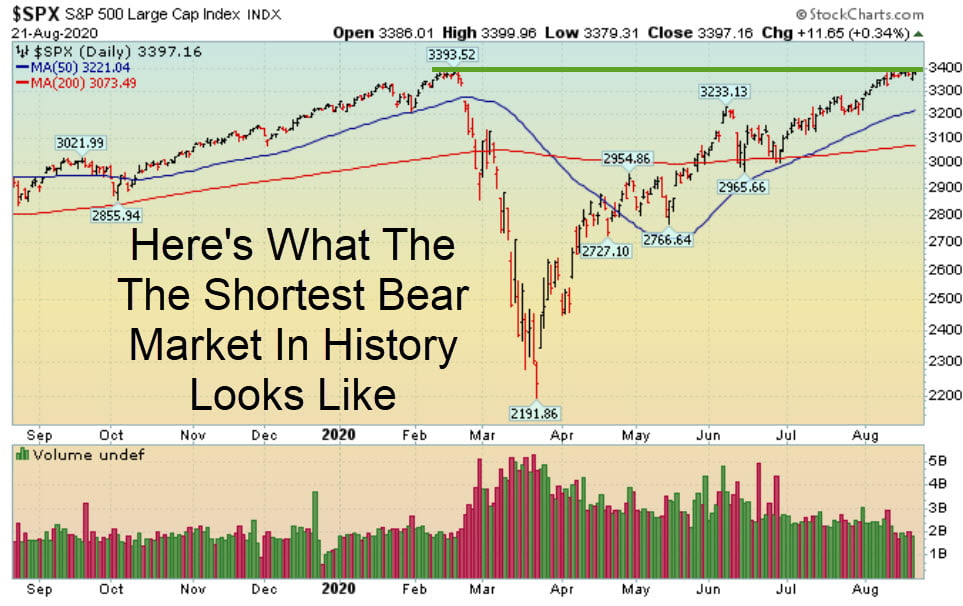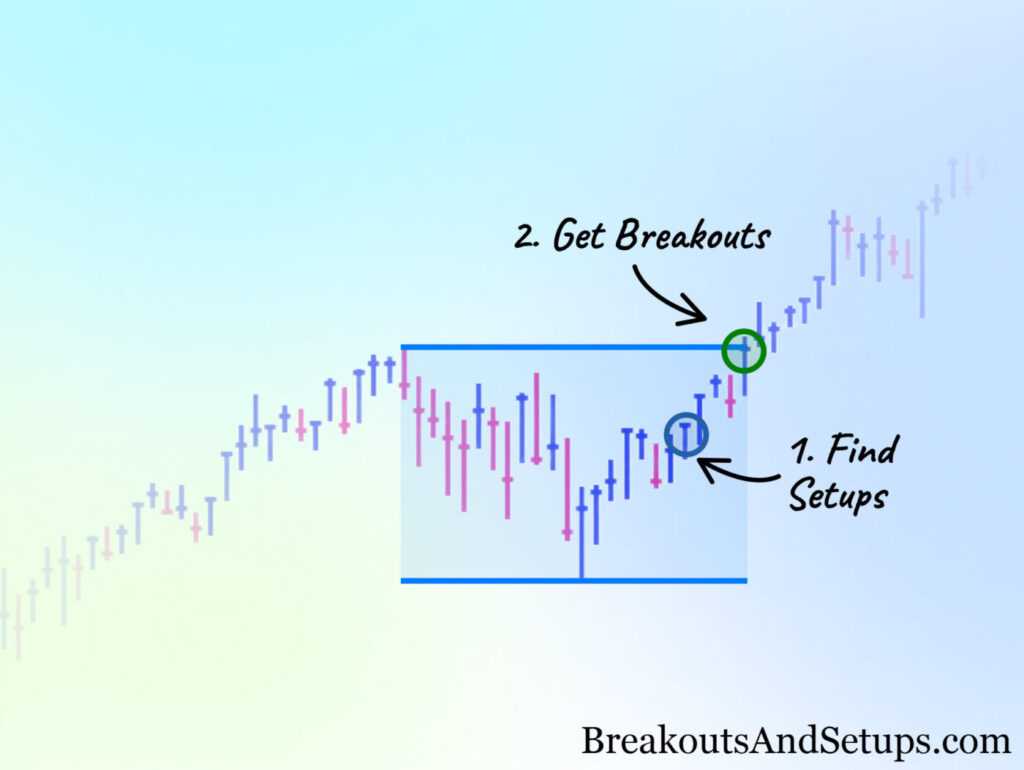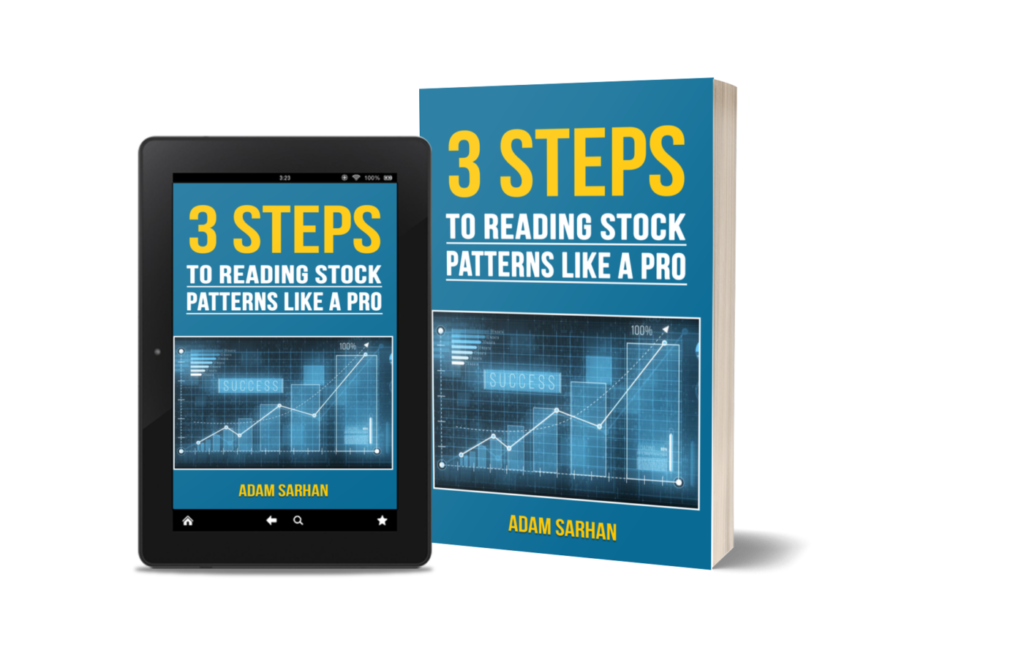 Week In Review: Here’s What The Shortest Bear Market In History Looks Like
Week In Review: Here’s What The Shortest Bear Market In History Looks Like
Stocks ended the week mostly higher as the benchmark S&P 500 finally hit a fresh record high. That officially made the 2020 bear market the shortest in history (see charts of the week section in the weekly report). The Nasdaq and Nasdaq 100 (mainly tech stocks) are much stronger and both indices traded above February’s high back in early June. For now, the market is overbought/extended to the upside and way over due to pullback. The fact that it refuses to fall just illustrates how strong the market is right now.
Monday-Wednesday’s Action:
Stocks ended mixed on Monday as the Nasdaq continued to lead the way higher and the Dow Jones Industrial Average ended lower. Over the weekend, 13-F filings were released and Warren Buffett’s showed that he accumulated a big position in Barrick Gold. That sent Gold and a slew of gold stocks higher.
Thursday & Friday Action:
Stocks were relatively quiet on Thursday after weekly jobless claims topped 1 million. The Labor Department said weekly jobless claims totaled 1.106 million last week which was higher than the Street’s estimate for 923,000. In other news tech stocks continued to rally as Tesla topped 2,000 for the first time ever. Stocks rallied nicely on Friday after existing home sales vaulted by a record +24.7% last month and home prices set a new high.
Market Outlook: Flood The System With Liquidity
Global governments and global central banks stepped in with massive rate cuts and other “aid” packages to help “stimulate” both Main Street and Wall Street. So far, it is working as intended. As long as March’s lows hold, the market will likely move sideways to higher. On the other hand, if March’s lows are breached, then look out below. As always, keep your losses small and never argue with the tape.




